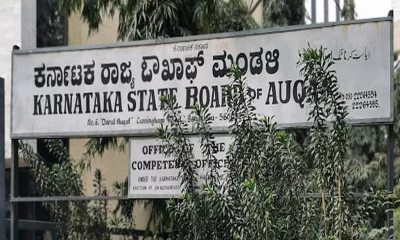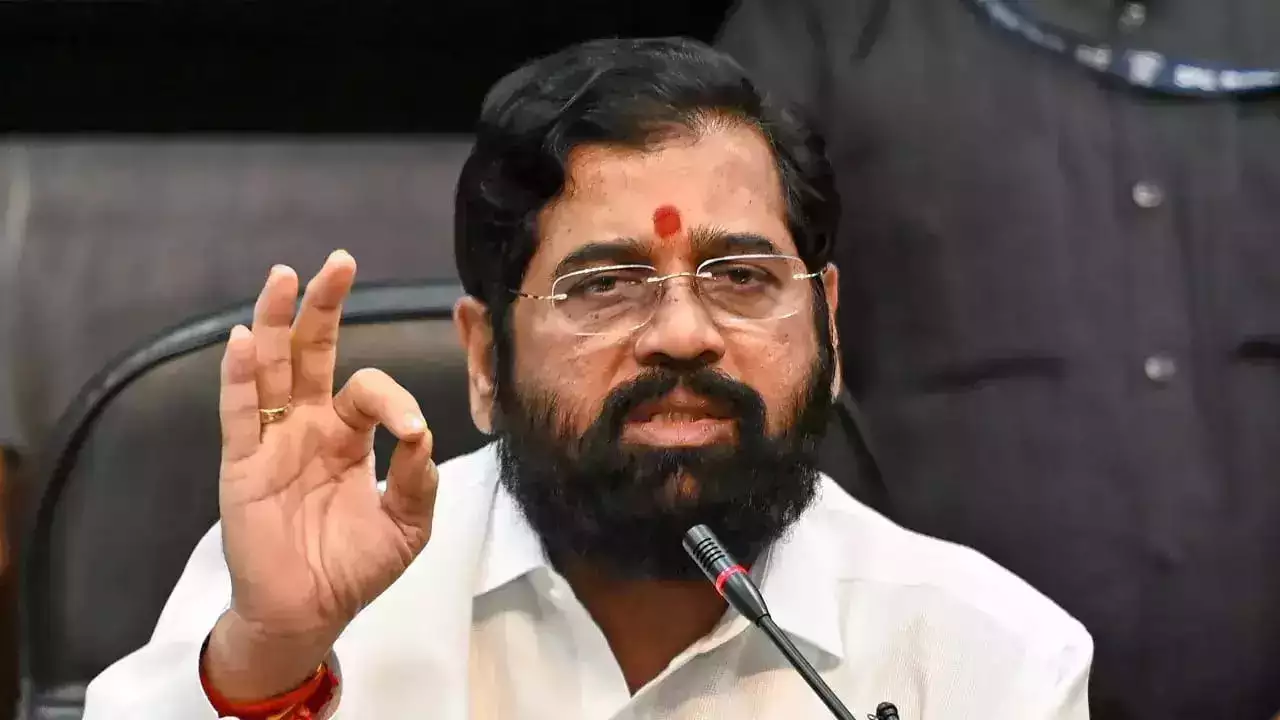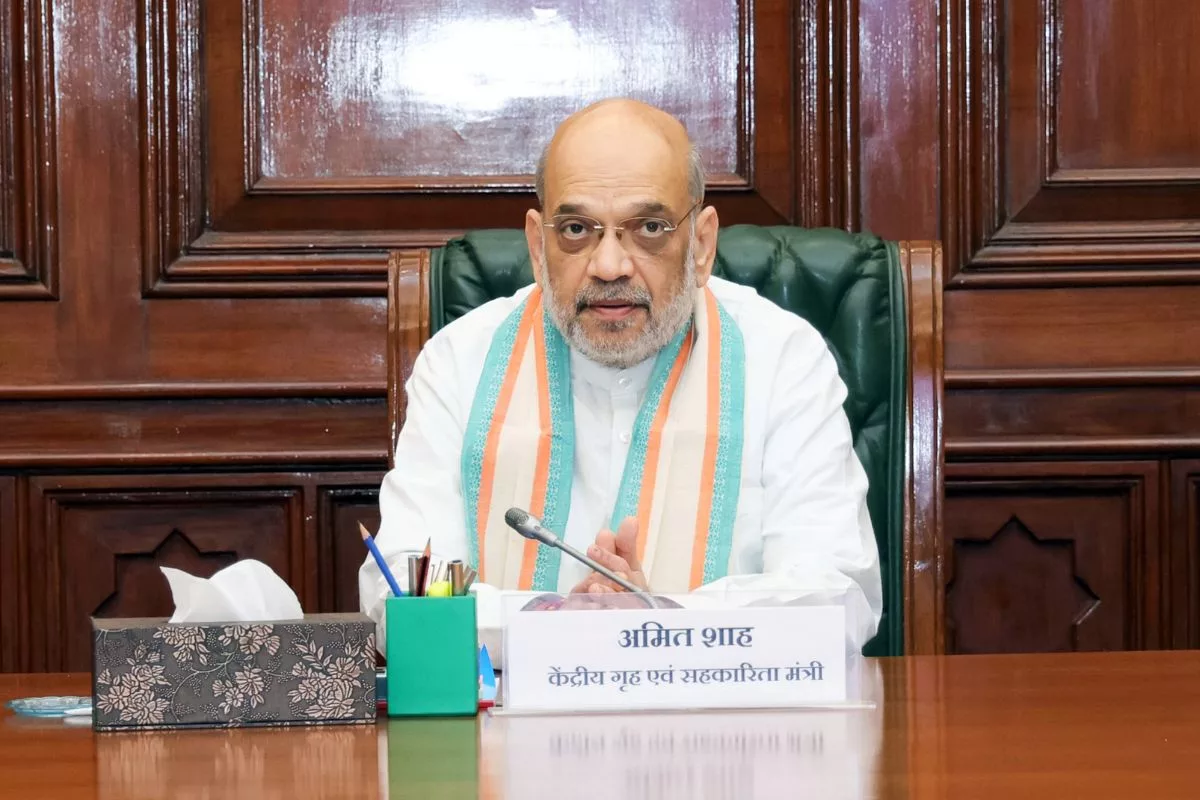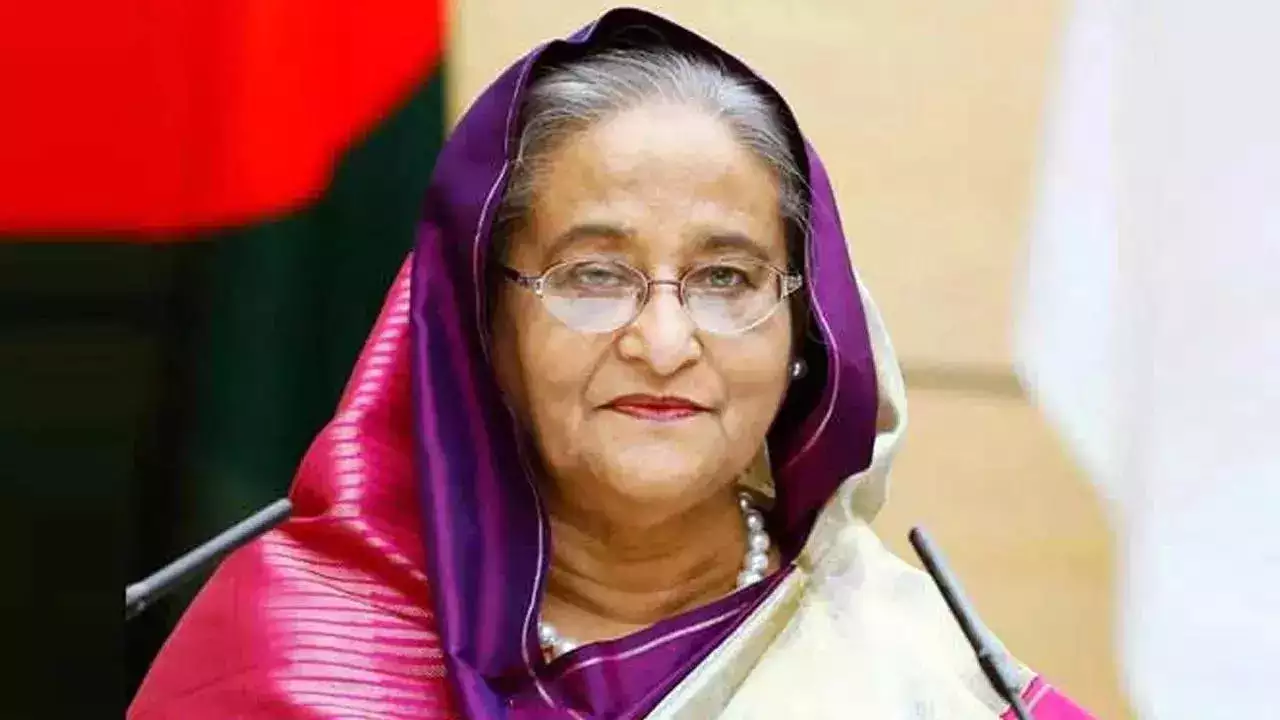As Maharashtra approaches a critical assembly election, all eyes are on Chief Minister Eknath Shinde, whose leadership is set to face its most significant test yet. The election promises to be a highly competitive affair, with rival political forces mobilizing to challenge his government. For Shinde, the stakes are immense—he has the opportunity to either solidify his legacy or confront a set of formidable challenges that could alter his political trajectory.
A Legacy Built on Grassroots Leadership
Eknath Shinde’s rise to power has been defined by his deep connection to the common man and his hands-on approach to governance. Throughout his political career, Shinde has built a reputation as a problem-solver, addressing the everyday concerns of the people with a practical and empathetic leadership style. His administration has focused on improving public services, especially in areas like healthcare, transportation, and sanitation, which resonate strongly with voters.
Shinde’s ability to stay accessible to his constituents has played a crucial role in building public trust. His government has consistently prioritized grassroots issues, from enhancing public transport systems to addressing local grievances. This foundation of trust and reliability will be critical for Shinde as he gears up for the electoral battle.
Navigating a Complex Political Landscape
Despite these strengths, Shinde faces a turbulent political environment. Opposition parties, including the Shiv Sena, Congress, and Nationalist Congress Party (NCP), are gearing up to challenge his administration. These parties are expected to focus on governance issues, such as unmet promises and administrative challenges, as they work to expose perceived weaknesses in Shinde’s leadership. In this highly competitive political climate, Shinde will need to craft a robust strategy to fend off these attacks and maintain his leadership position.
To consolidate his voter base, Shinde is actively reaching out to new constituencies, particularly in rural areas where development remains a pressing issue. Farmers and small business owners, key demographics in Maharashtra’s economy, are crucial to Shinde’s electoral strategy. His administration has introduced initiatives such as improved irrigation facilities and financial support for small enterprises, both of which will feature prominently in his campaign messaging.
Infrastructure as a Pillar of Progress
Shinde’s focus on infrastructure development has been a hallmark of his governance. Under his leadership, the state has seen significant progress in transportation, energy, and urban planning. Projects aimed at expanding road networks and enhancing public transport systems have been central to his administration’s efforts to improve the quality of life for citizens. As the election approaches, Shinde will likely highlight these achievements as tangible proof of his leadership’s effectiveness.
By showcasing these infrastructure projects, Shinde hopes to persuade voters that his government has brought about meaningful change. This focus on infrastructure not only demonstrates progress but also helps to strengthen his argument that he is a leader who delivers results.
Embracing Digital Tools in the Election Campaign
With the growing importance of digital platforms, Shinde’s campaign has recognized the need to engage voters through social media and other digital tools. By leveraging these platforms, Shinde’s team is reaching out to younger voters and creating engaging narratives to build momentum ahead of election day. Social media will play a key role in shaping the election’s discourse and driving voter turnout.
The Stakes for Maharashtra’s Future
For Shinde, the outcome of this election will have far-reaching implications. A victory would not only secure his party’s position in the state but also solidify his standing as a capable and effective leader. Such a result would allow him to continue shaping Maharashtra’s future through his policies and initiatives. However, a loss could lead to a significant shift in power dynamics and potentially reshape the state’s political and policy priorities.
The upcoming assembly elections represent a defining moment for Eknath Shinde and Maharashtra. His leadership style, characterized by a commitment to listening to the people and addressing their needs, will be tested like never before. As rival parties ramp up their campaigns, Shinde will need to be vigilant and adaptable, reinforcing his government’s accomplishments while countering criticisms with a clear vision for the state’s future.
Ultimately, the choices Shinde makes in the coming weeks will determine not only his political fate but also the future direction of Maharashtra. As the election date draws near, the people of Maharashtra await to see how their Chief Minister navigates this critical juncture in the state’s history.
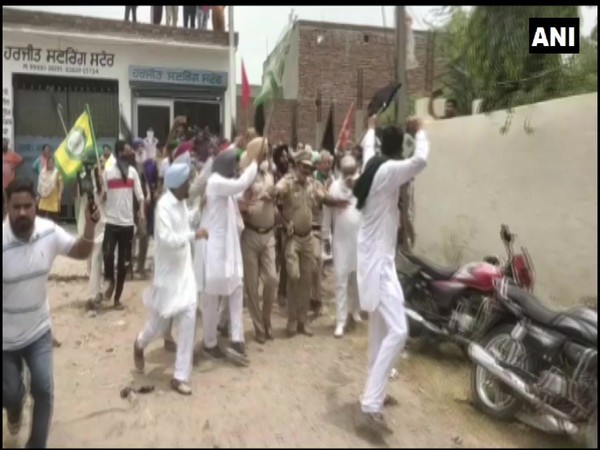




 Health2 days ago
Health2 days ago


 Special Editions2 days ago
Special Editions2 days ago


 Special Editions2 days ago
Special Editions2 days ago


 Special Editions3 months ago
Special Editions3 months ago


 Special Editions2 days ago
Special Editions2 days ago







